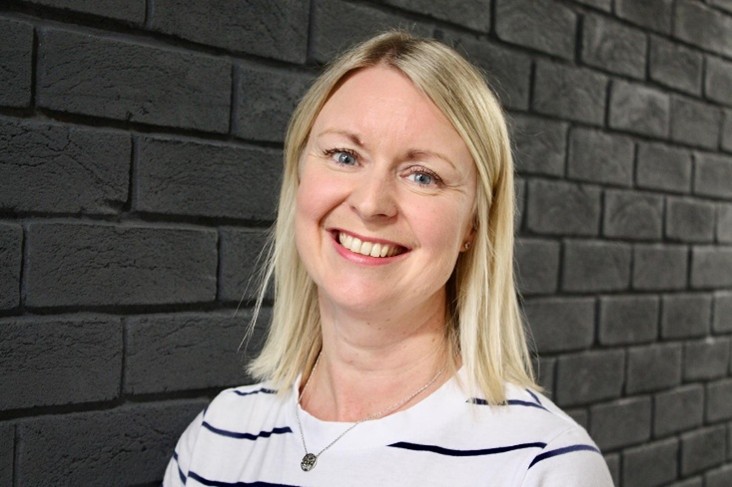You Matter! exploring wellbeing for health and social care professionals
This webinar will focus on the value of personal and professional self-care, provide practical tips for techniques and strategies that can be used both in and out of work to promote good wellbeing and offer a safe setting for time for reflection.
Learning Outcomes
- To consider self-care in relation to you personally and professionally
- To have space and time to reflect on your current demands
- To learn about and identify techniques you can use to promote good wellbeing
Meet our Experts

Kate Jackson is an Independent Occupational Therapist based in Leicester. She has worked in Mental Health services in the NHS, as a Lecturer in Higher Education and as a Clinical Lead Occupational Therapist in a Hospice setting, among her roles. Kate is a trained Mindfulness Teacher and has an MA in Mental Health Studies. She currently runs her practice ‘Wellbeing Therapy Solutions’ in Leicester, offering mental health focused Occupational Therapy.
People who watched this also watched...
New year, same challenges: taking care of yourself
In this session, discover strategies to combat burnout and other challenges faced in health and social care, explore usable welling practices and learn how to create a personalised self-care action plan.
Building a strong foundation: Care principles and professional development for early career OTs
This session is aimed at Occupational Therapy students and new graduates who want to explore core principles of good care that will be guiding them as healthcare professionals. The session will touch on the four pillars of practice, the role of supervision and education, and the importance of continuing professional development throughout their careers. By the end of the session attendees should feel more confident about the foundations of care across a range of clinical settings.
How can we make single handed care a more realistic and efficient option?
In this webinar, Kay James will use case scenarios and videoed practical solutions to show how single carer handling can be implemented and discuss how to tackle some of the common barriers.


